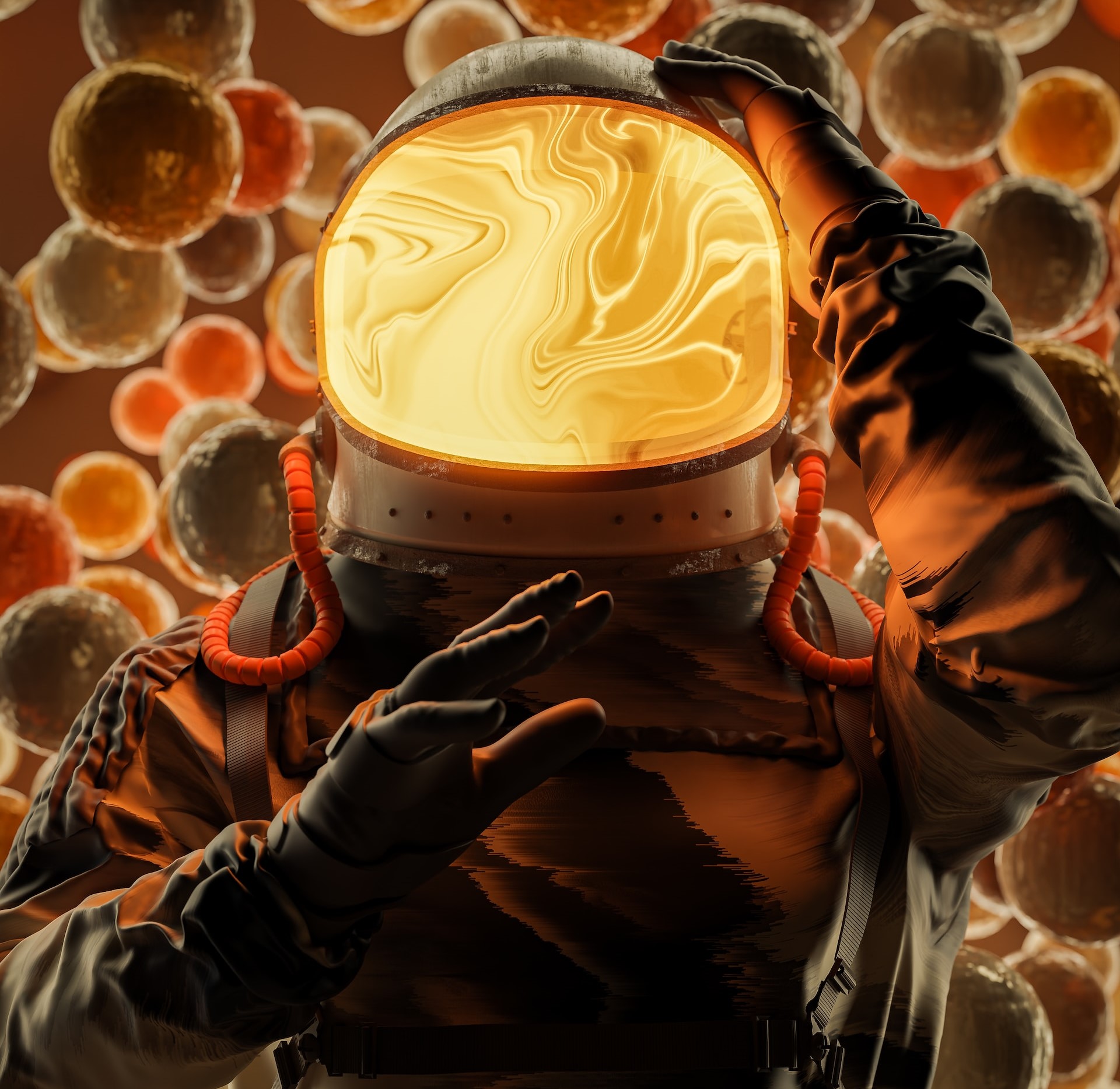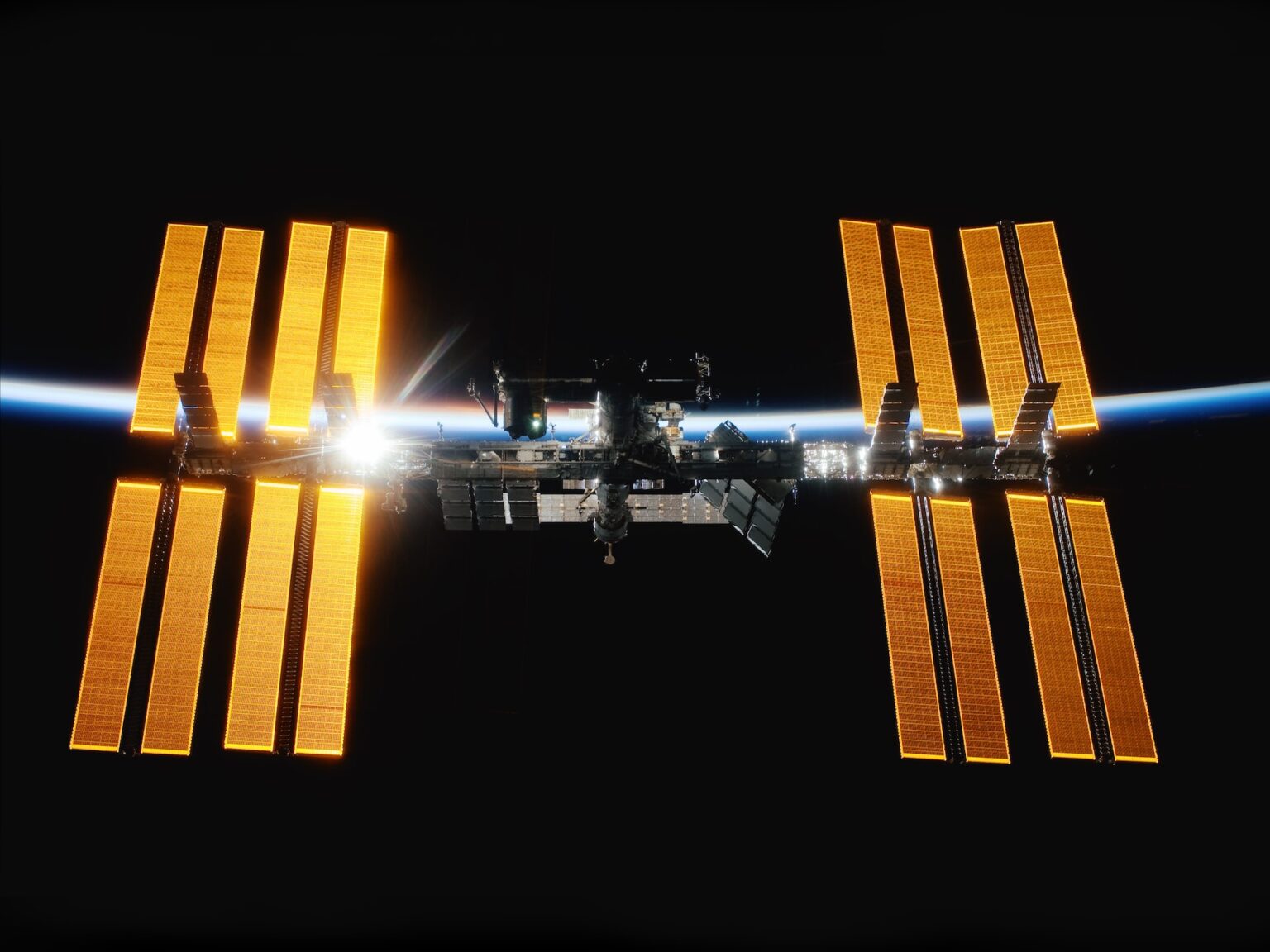It is known in science that space has a detrimental effect on the human body. Astronauts staying aboard the International Space Station (ISS) often face skin problems and viral infections. Now scientists have identified the cause of this phenomenon. A new study shows that space travel actually alters the functioning of genes in white blood cells, hindering their normal functions of recognition and fighting infections.

The study, published in the journal Frontiers In Immunology, explains that the rapid decline in the immune system’s strength in space is likely associated with a phenomenon known as “fluid shift.”
Fluid shift involves the movement of blood plasma, which transports white blood cells, from the lower part of the body to the upper part under the influence of microgravity — a state of low gravity in which astronauts appear weightless. This leads to a reduction in both plasma volume and important white blood cells.
But that’s not all the bad news. Problems arise after returning to Earth. About a year after completing a six-month stay on the ISS, the number of white blood cells in astronauts returns to normal levels. Therefore, in the first month after returning to Earth, astronauts become highly vulnerable to infections.
Vulnerable recovery period
The duration of individual recovery likely depends on personal factors, but this question requires further research. A research group from the University of Ottawa in Canada studied the genes of white blood cells in 14 astronauts who spent 4.5 to 6.5 months on the ISS. During, before, and after the mission, astronauts provided 4 mL of blood, with a total of 10 samples collected from each individual.
The study showed that the expression of 247 genes in leukocytes was approximately one-third lower than normal during space travel. This occurred during the first few days of the space stay but then remained stable. Genes typically returned to normal behavior within a month after astronauts’ return to Earth.

“Weak immunity increases the risk of infectious diseases, limiting astronauts’ ability to perform complex missions in space. If an infection or immunological problems develop into a severe illness requiring medical assistance, astronauts in space may have limited access to medical care, medications, or emergency evacuation,” said Dr. Guy Trudel, a professor of cellular and molecular medicine at the University of Ottawa and one of the authors of the article.
The next step for scientists will be to develop ways to prevent immune suppression during prolonged space flights. According to Miles Harris, a lecturer at University College London, the research will also make a significant contribution to the development of personalized medicine on Earth.
Previously, we reported on how space flights cause irreversible changes in the human brain.
Based on materials from Reuters.
